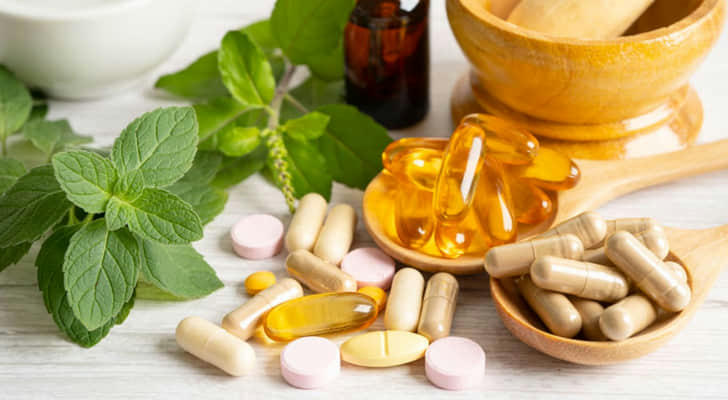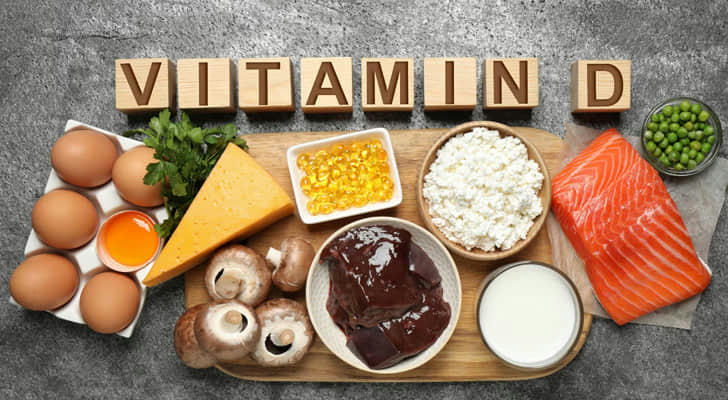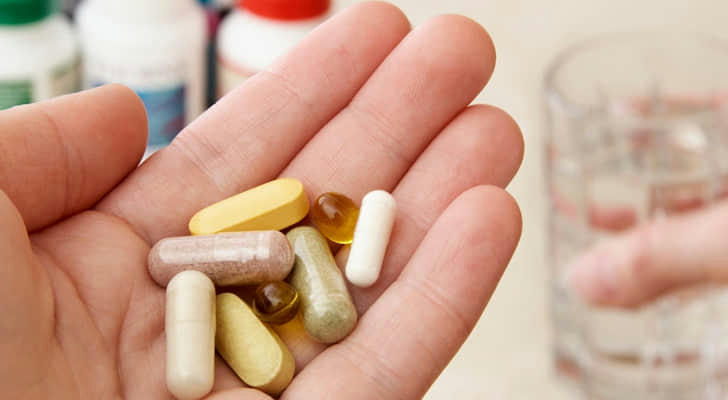The Truth About Supplements: Do You Really Need Them? 💊🤔

Supplements have become a huge part of today’s health and wellness trend. From vitamins and minerals to protein powders and herbal pills, we’re surrounded by options promising everything from boosting energy to improving skin health. But with all the hype surrounding them, do we really need supplements in our daily lives? Let’s break it down in simple terms and take a closer look at the truth about supplements!
1. What Are Supplements Anyway? 💡
Understanding the Basics
Supplements are products that you take in addition to your regular food intake. They’re usually in the form of pills, powders, or liquids and are designed to provide nutrients that might be missing from your diet.
Common types of supplements include:
- Vitamins (like Vitamin D, C, and B12)
- Minerals (like calcium, magnesium, and iron)
- Herbal products (like ginseng or turmeric)
- Amino acids (like creatine or glutamine)
- Protein powders (used by athletes or those looking to build muscle)
These products are marketed to help us “fill in the gaps” where our regular food may fall short.
2. Why Are Supplements So Popular? 🏋️♂️💪
The Modern Lifestyle: Busy and Nutrient-Deficient
We live in a world where convenience often trumps health. Fast food, processed meals, and a hectic lifestyle mean that many of us aren't getting all the nutrients we need from our daily meals.
For example, Vitamin D is essential for bone health, but many people don’t get enough from food or sun exposure, especially in colder climates. Similarly, iron is crucial for energy levels, but a lot of people, especially women, don’t get enough in their diet.
In this context, supplements appear to be the quick fix for making up for nutritional gaps, allowing us to stay on track with our health goals without radically changing our diet.

3. Do You Really Need Supplements? 🤔
The Truth: Most People Don’t Need Them
Here’s the truth: for many people, supplements are not necessary if you eat a well-balanced diet. The body is designed to absorb nutrients from real food, and for the most part, a healthy diet provides the necessary vitamins, minerals, and other nutrients we need to thrive.
Let’s take a look at some common nutrients and whether supplements are needed:
- Vitamin C: Found in citrus fruits, strawberries, and bell peppers. Unless you’re not eating fruits or veggies, you probably don’t need to take a supplement.
- Calcium: Found in dairy products, leafy greens, and fortified foods. If you're eating a balanced diet with these, you're likely good to go.
- Protein: Unless you're an athlete or trying to build muscle, most people get enough protein from foods like eggs, meat, beans, and tofu.
However, there are exceptions, especially for those with specific health conditions, dietary restrictions (like vegans), or certain age groups (like older adults). In these cases, supplements may be helpful in bridging the gap.
4. The Risks of Overusing Supplements ⚠️
More Isn’t Always Better
It’s important to understand that taking too many supplements can be harmful. Just because a little is good doesn’t mean a lot is better. Some nutrients, when taken in excess, can lead to health problems.
For example:
- Vitamin A: Too much can lead to liver damage and headaches.
- Iron: Excess iron can be toxic, leading to gastrointestinal issues and even organ damage.
- Calcium: Too much calcium can lead to kidney stones and interfere with the absorption of other essential minerals.
In addition to the risk of overdose, some supplements can interact negatively with medications you might be taking. Always consult your doctor before starting any new supplement, especially if you're on medication.
5. Are Supplements Regulated? 🛑
A Lack of Strong Regulations

In the U.S., the supplement industry is not as strictly regulated as pharmaceuticals. The FDA does not approve supplements before they hit the shelves. Instead, manufacturers are responsible for ensuring their products are safe and accurately labeled.
This can lead to potential issues with quality control, like:
- Inaccurate labeling: Sometimes, supplements contain more or less of an ingredient than what's advertised.
- Contaminants: Some supplements might be contaminated with harmful substances, including heavy metals or banned substances (especially in bodybuilding supplements).
To ensure quality, look for supplements that have been third-party tested. Organizations like the USP (U.S. Pharmacopeia) or NSF International test supplements for quality and safety.
6. The Best Way to Stay Healthy 🍎
Focus on Whole Foods First
Before rushing to grab a bottle of vitamins, start with your diet. Eating a wide variety of whole foods—fruits, vegetables, lean proteins, whole grains, and healthy fats—will help you get the nutrients your body needs naturally.
Some tips for better nutrition:
- Eat a rainbow: The more colorful your plate, the more likely you’re getting a variety of nutrients.
- Avoid processed foods: They’re often loaded with empty calories and lack essential vitamins and minerals.
- Stay hydrated: Water plays a huge role in nutrient absorption, so make sure you’re drinking enough throughout the day.
- Listen to your body: If you're feeling tired or run down, take a closer look at your diet, stress levels, and sleep patterns before reaching for supplements.
Supplements Can Be Helpful… But Not a Magic Cure
Supplements can be helpful for certain people, especially those with deficiencies or specific health conditions. But they’re not a replacement for a healthy lifestyle. They work best when used as a complement to a nutritious diet, not as a quick fix.

Conclusion: Should You Use Supplements? 🎯
In short, supplements aren’t always necessary if you’re eating a balanced diet. They can be useful in some cases, especially for people with specific nutrient deficiencies, certain medical conditions, or dietary restrictions.
But, the best approach is to focus on eating whole, nutrient-dense foods. Supplements should be viewed as a bonus, not a necessity. If you think you may need supplements, always chat with your doctor to get personalized advice.
Remember: A healthy diet and lifestyle are your best bet for feeling your best and staying energized. No magic pill required! 🌱💪
So, next time you consider grabbing that bottle of pills or protein powder, ask yourself: “Is this supplement really necessary, or can I get what I need from food?” Your body will thank you for making the best choice!
